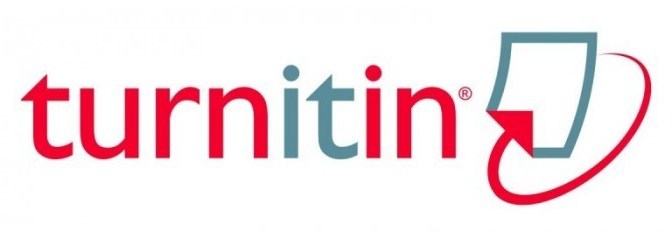PENGGUNAAN MEDIA SOSIAL SEBAGAI ALTERNATIF MEDIA PEMBELAJARAN ONLINE
Abstract
Full Text:
PDFReferences
Cahyono, A. S. (2016). Pengaruh media sosial terhadap perubahan sosial masyarakat di Indonesia. Jurnal Ilmu Sosial & Ilmu Politik Diterbitkan Oleh Fakultas Ilmu Sosial & Politik, Universitas Tulungagung, 9(1), 140–157. http://www.jurnal-unita.org/index.php/publiciana/article/download/79/73
Hamzah, R. E. (2015). Penggunaan Media Sosial di Kampus Dalam Mendukung Pembelajaran Pendidikan. WACANA: Jurnal Ilmiah Ilmu Komunikasi, 14(1), 45-70.
Irwandani, I., & Juariyah, S. (2016). Pengembangan Media Pembelajaran Berupa Komik Fisika Berbantuan Sosial Media Instagram Sebagai Alternatif Pembelajaran. Jurnal Ilmiah Pendidikan Fisika Al-Biruni, 5(1), 33–42. https://doi.org/10.24042/jpifalbiruni.v5i1.103
Mariskhana, K. (2018). Dampak Media Sosial (Facebook) dan Gadget Terhadap Motivasi Belajar. Jurnal Perspektif, 16(1), 62-67.
Octavia, S. A. (2020). Motivasi Belajar Dalam Perkembangan Remaja. Yogyakarta: CV. Budi Utama.
Pohan, A. F. (2020). Konsep Pembelajaran Daring Berbasis Pendekatan Ilmiah. Purwodadi: CV Sarnu Untung.
Riduwan. (2011) Skala Pengukuan Variabel-Variabel Penelitian. Bandung: Alfabeta.
Sugiyono. (2016). Metode Penelitian Kuantitatif dan R&D. Bandung: PT. Alfabet.
Widiasih, R., Widodo, J., & Kartini, T. (2018). Pengaruh Penggunaan Media Bervariasi dan Motivasi Belajar Terhadap Hasil Belajar Mata Pelajaran Ekonomi Siswa Kelas Xi Ips Sma Negeri 2 Jember Tahun Pelajaran 2016/2017. JURNAL PENDIDIKAN EKONOMI: Jurnal Ilmiah Ilmu Pendidikan, Ilmu Ekonomi Dan Ilmu Sosial, 11(2), 103. https://doi.org/10.19184/jpe.v11i2.6454
DOI: https://doi.org/10.35334/judikdasborneo.v3i1.1822
Refbacks
- There are currently no refbacks.
Copyright (c) 2021 Nindya Adiasti
Contact Person:
A. Wilda Indra Nanna (Hp: 081253670923)
Ady Saputra (Hp: 082329693700)
Alamat Sekretariat:
Program Studi Pendidikan Guru Sekolah Dasar
Gedung Fakultas Keguruan dan Ilmu Pendidikan, Universitas Borneo Tarakan
Jl. Amal Lama No.1 Kota Tarakan, North Kalimantan (Kalimantan Utara) Indonesia
Â





